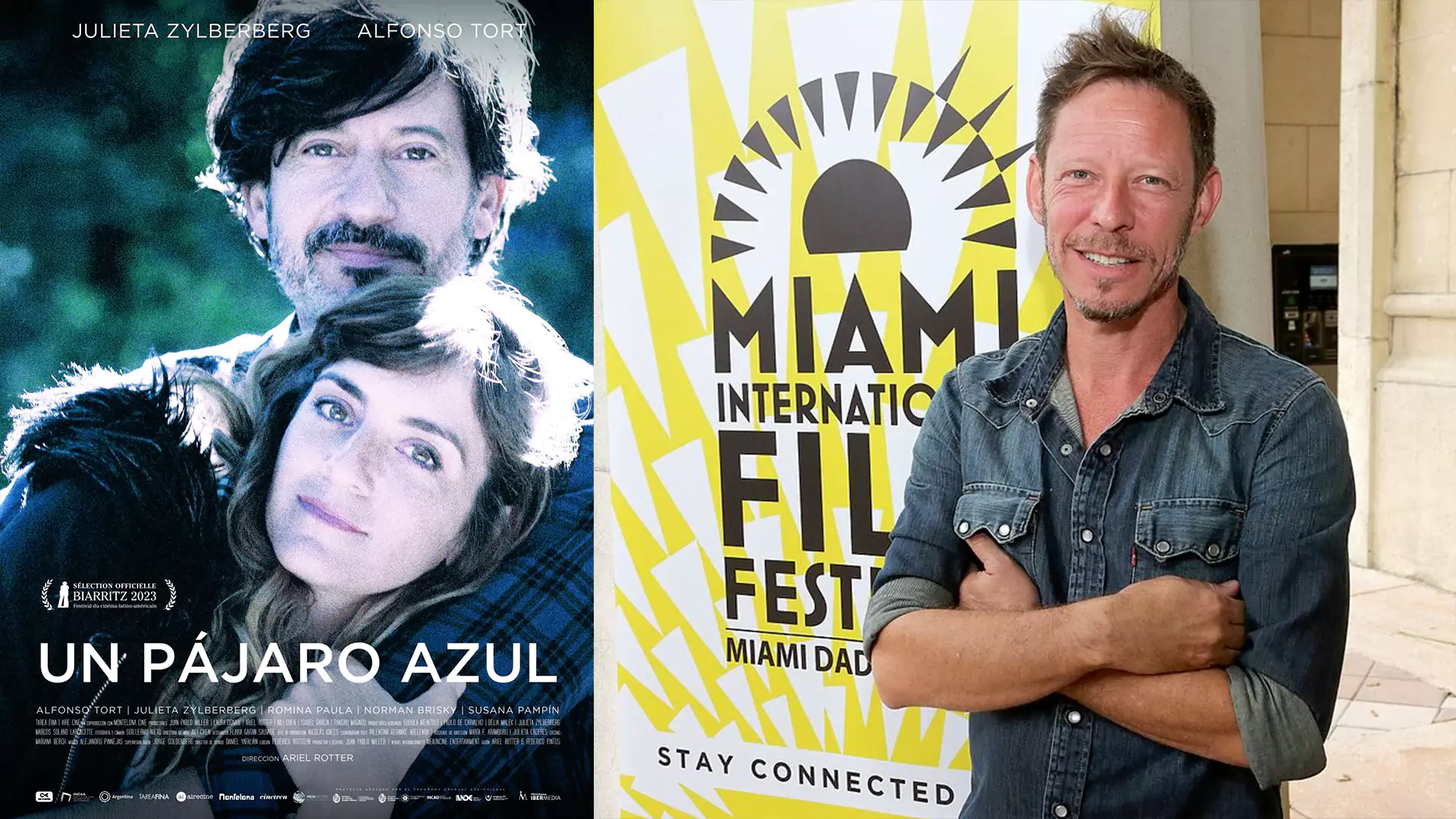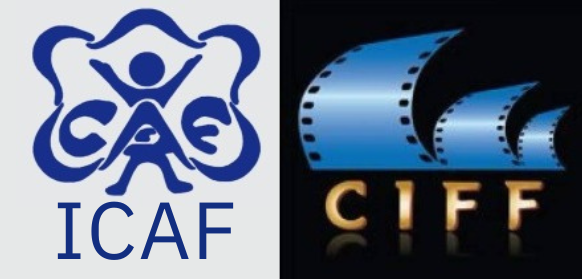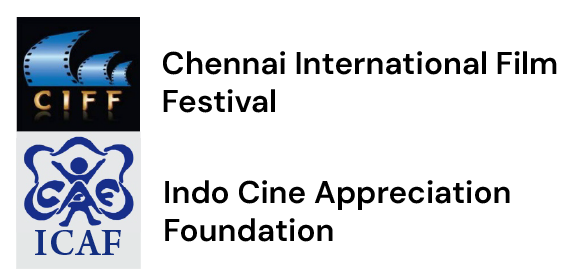
A Short Film is a Great Place for Experimentation: Director Ariel Rotter
Director Ariel Rotter is one of the new age directors from Argentina whose films have made it to the highly reputed Berlin International Film Festival and won/been nominated in Golden Berlin Bear/Silver Berlin Bear categories! It has been an absolute delight for Ms. Divya Jay from the CIFF team to understand his breathtaking and soulful journey of becoming a filmmaker!
How and when did cinema making happen to you?
I have been curious about various disciplines before I started making films. Radio, theatre, painting, art history, but above all photography. I started in cinema with the desire to tell stories through a camera and then I dedicated myself to writing and directing. I worked many years as a DOP (Director of Photography) and this background has made perhaps made me a director who cares a lot about aesthetics and framing.
What motivated you to make ‘Un Pajaro Azul’?
‘Un Pajaro Azul’ is a story about the internal process of a person. The beginning of his maturity, leaving behind the place of a son to start finding his place as a father. There are two central motivational cores on which this story is built.
The first one revolves around the eight-year search I went through with my partner until we became parents. The second is linked to the death of my father and specifically, to the impossibility of processing that pain and how, despite the passage of time, it struggles to emerge from the past.
When I was seven years old, my father woke me up and asked me to get dressed quickly. We got into his car. The road we took was not the usual one. He told me that I would not be going to school that day. We arrived at a bar next to a Sanatorium. He ordered me a chocolate, two croissants and asked the waiter to take care of me. I remember that the waiter put The Pink Panther on TV.
Soon after, my father came back with a strange look on his face. First, he stood next to me and then he fell to the floor on his knees, hugged my waist and started crying. He said to me, “I’m going to die.” He added, “Please don’t let me die.”
My father died 17 years later, from the complications of that diagnosed disease. But since that morning, there has not been a single day in which I have not lived with the threat of his death. That endless agony, that torturous condemnation, also seeped into the drift of this film.
When I started writing this script, I wanted to be a father. In between, many things happened, I made some films and my daughter was born, and along with her, an unimaginable and unknown dimension of love. How does our pain connect with what we love the most? How does being parents connect with being able to review our place as children? Some of all of this, I hope, is at play in this story.
Your most liked films and moviemakers?
I am interested in films that allow me, as a viewer, to determine what these films are about, what battles are being fought in the minds and minds of their protagonists.
What makes you like some filmmakers more?
Telling a personal story, in a personal way, and having the ability to convey a genuine emotion as a result of that journey, is what I expect from every filmmaker, whether established or unknown.
How do you feel about your film participating in 21st Chennai International Film Festival
It’s a great pleasure to shear our films with other cultures, and one of my dreams to be able to visit India one day.





